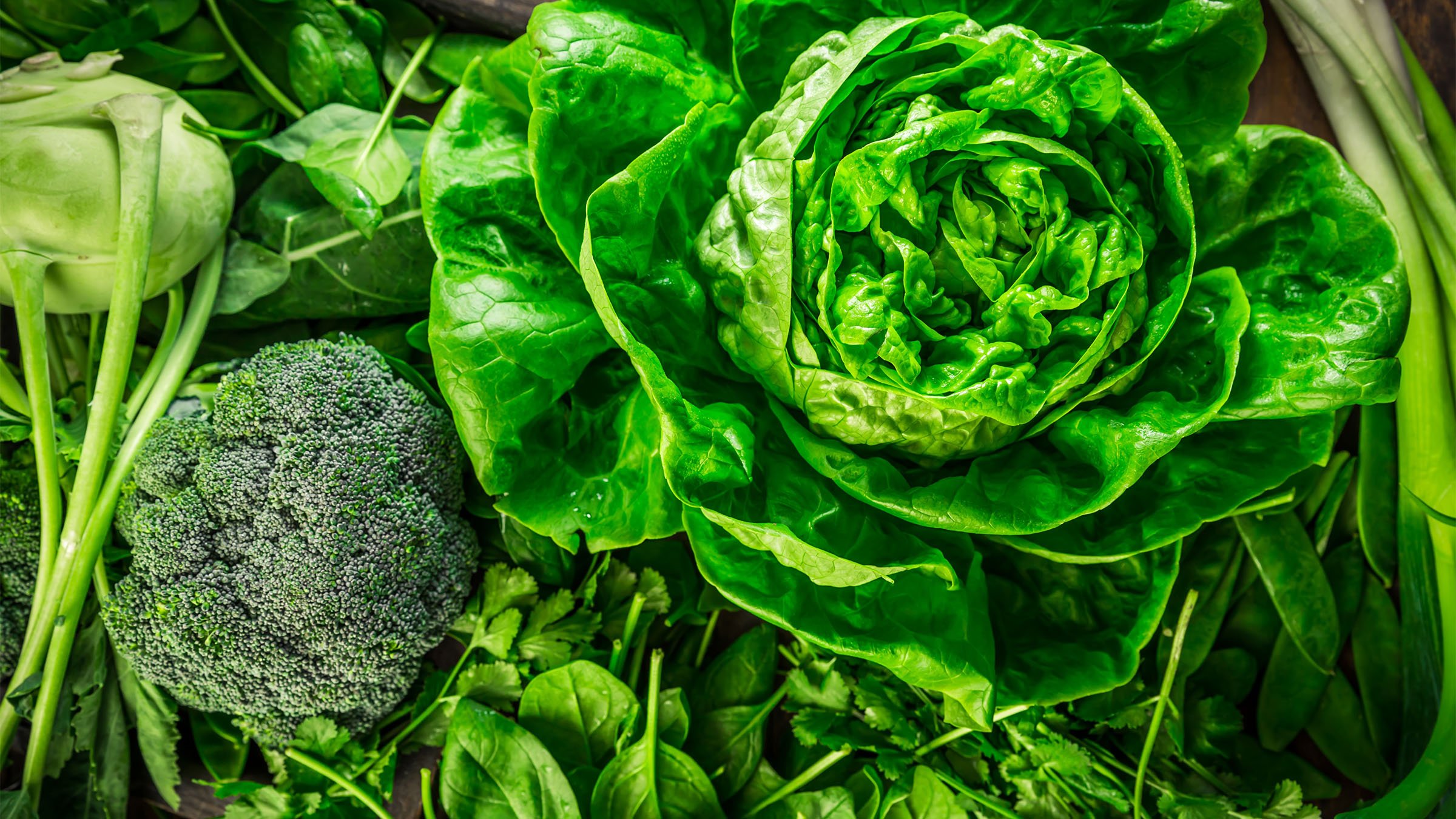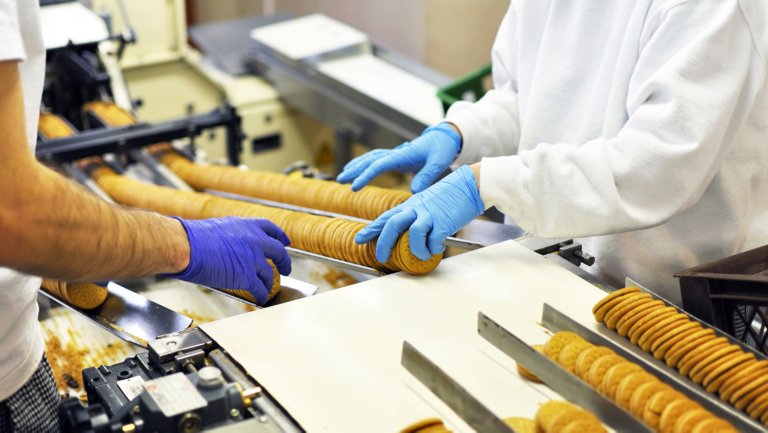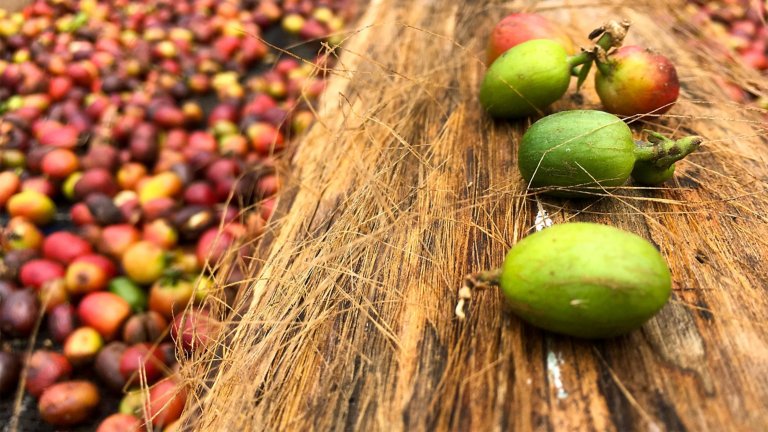By Todd Gilliam, North American CPG Industry Leader, Rockwell Automation, and Frederic Clulow, General Manager (Americas), Kezzler
The Food Safety Modernization Act (FSMA) Section 204 aims to create a more transparent supply chain, ensuring safer food for all Americans. As a part of the Smarter Food Safety initiative, the rule encourages companies in the food value chain to invest in digital traceability technology.
FSMA Section 204 requires the following:
- Collation of Key Data Elements (KDEs) and Critical Transformation Events (CTEs).
- Collation through a Traceability Lot Code (TLC) that remains unchanged with the product throughout its journey through the supply chain (or until a kill-step or relevant transformation event occurs).
- Delivery of necessary traceability information into an electronically sortable spreadsheet within 24 hours.
What are KDEs and CTEs?
KDEs are specific information points required to be maintained and provided by entities involved in the food supply chain. CTEs are pivotal stages in the movement of food products where this information must be documented and shared to facilitate effective tracing.


